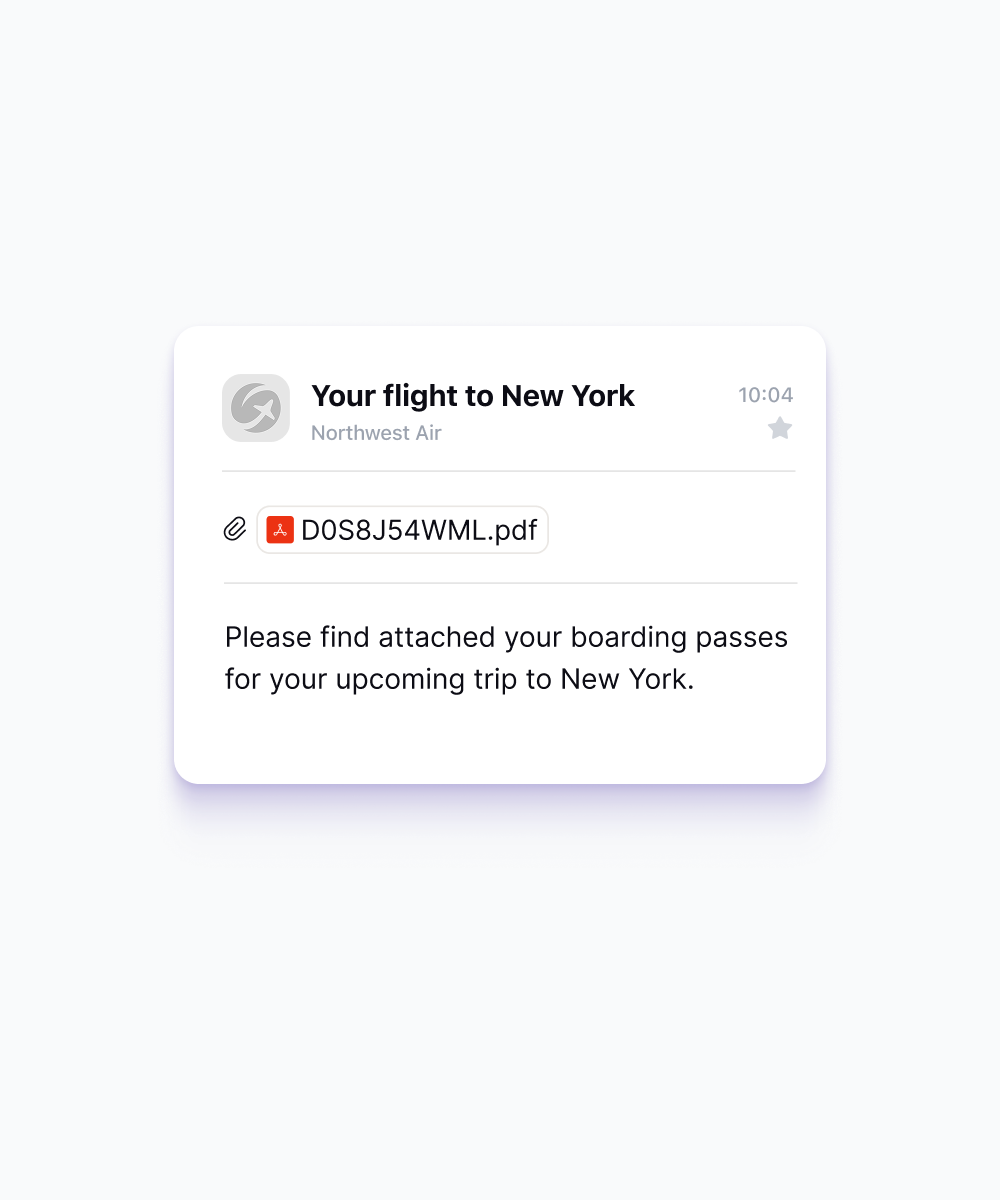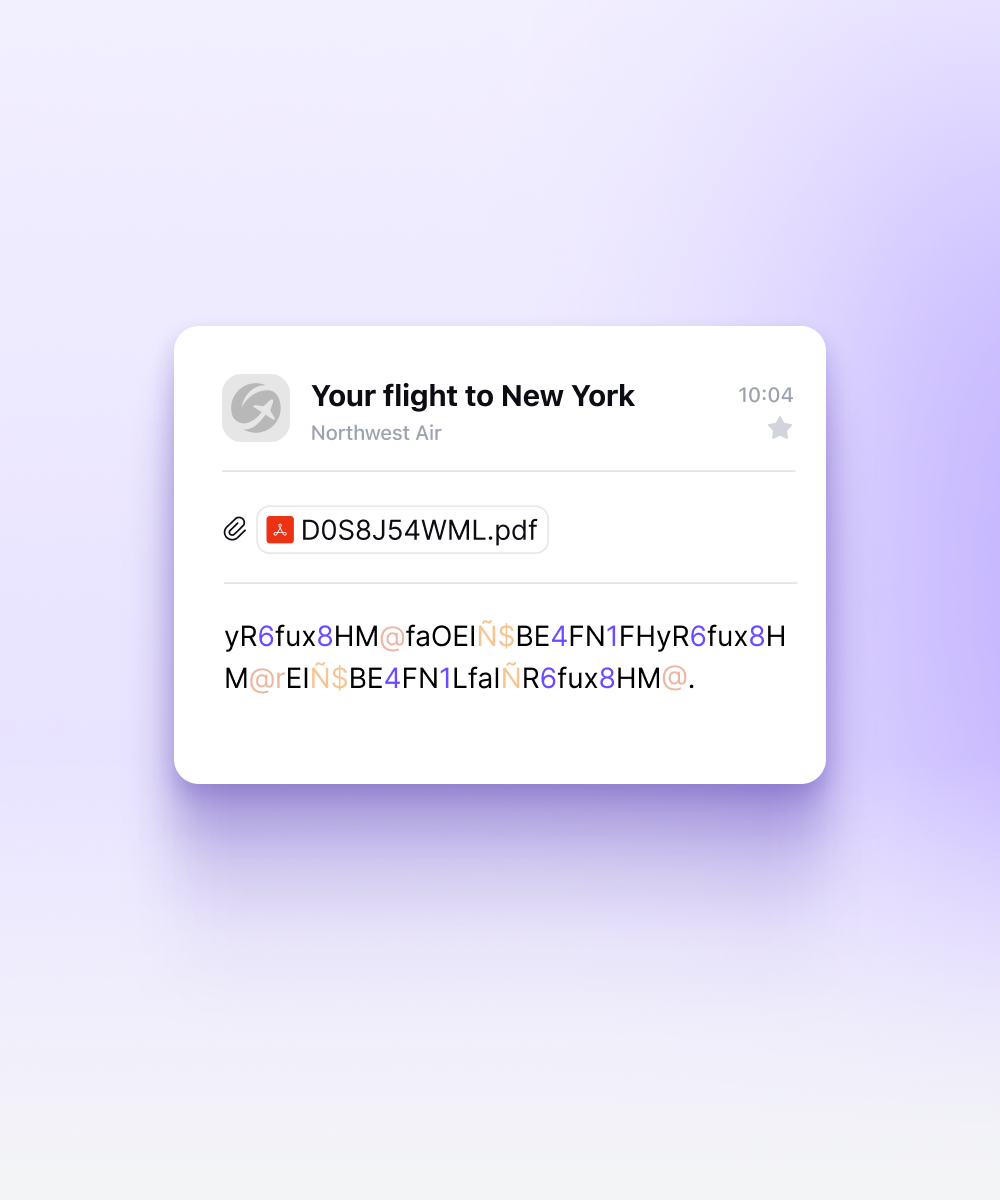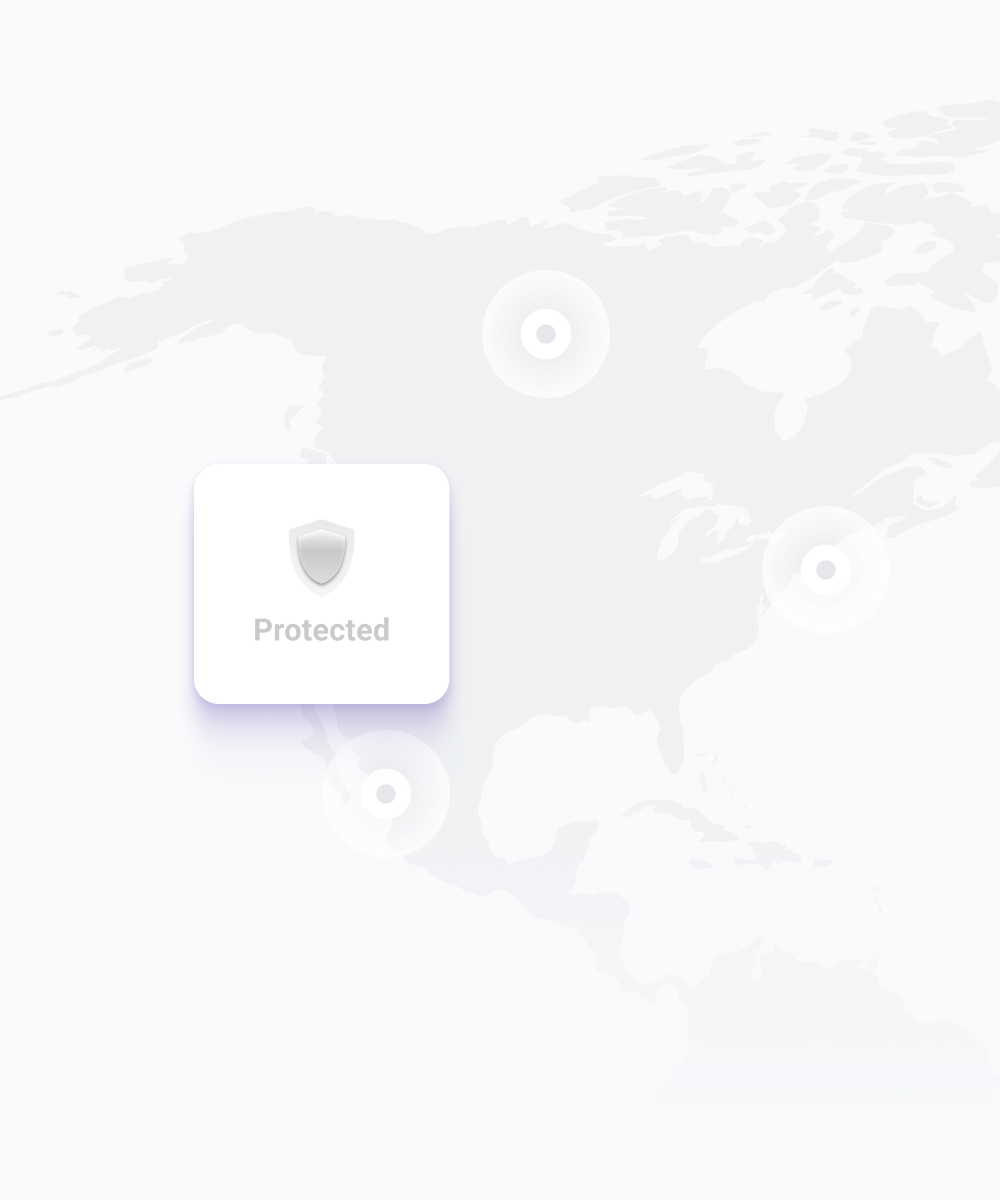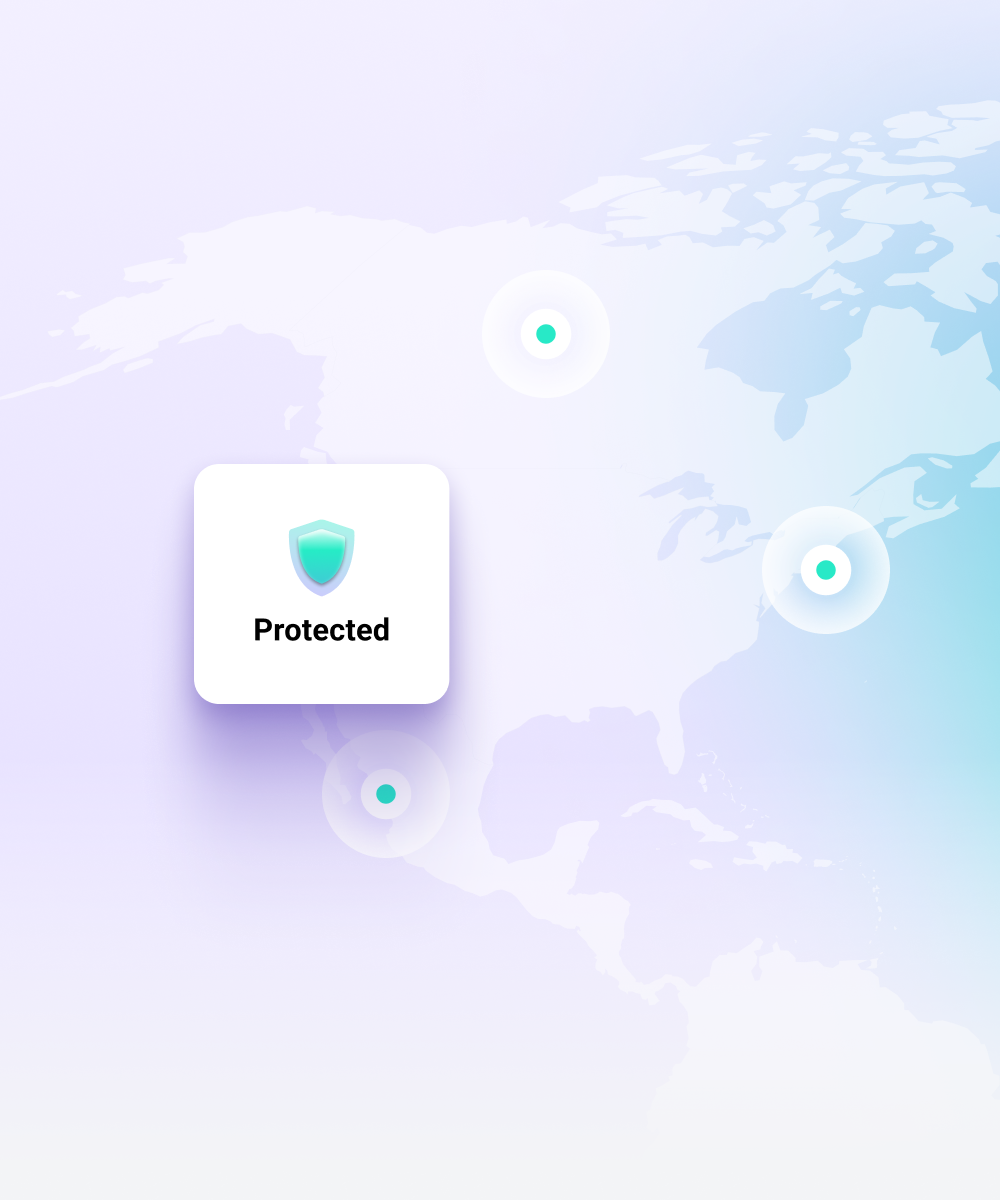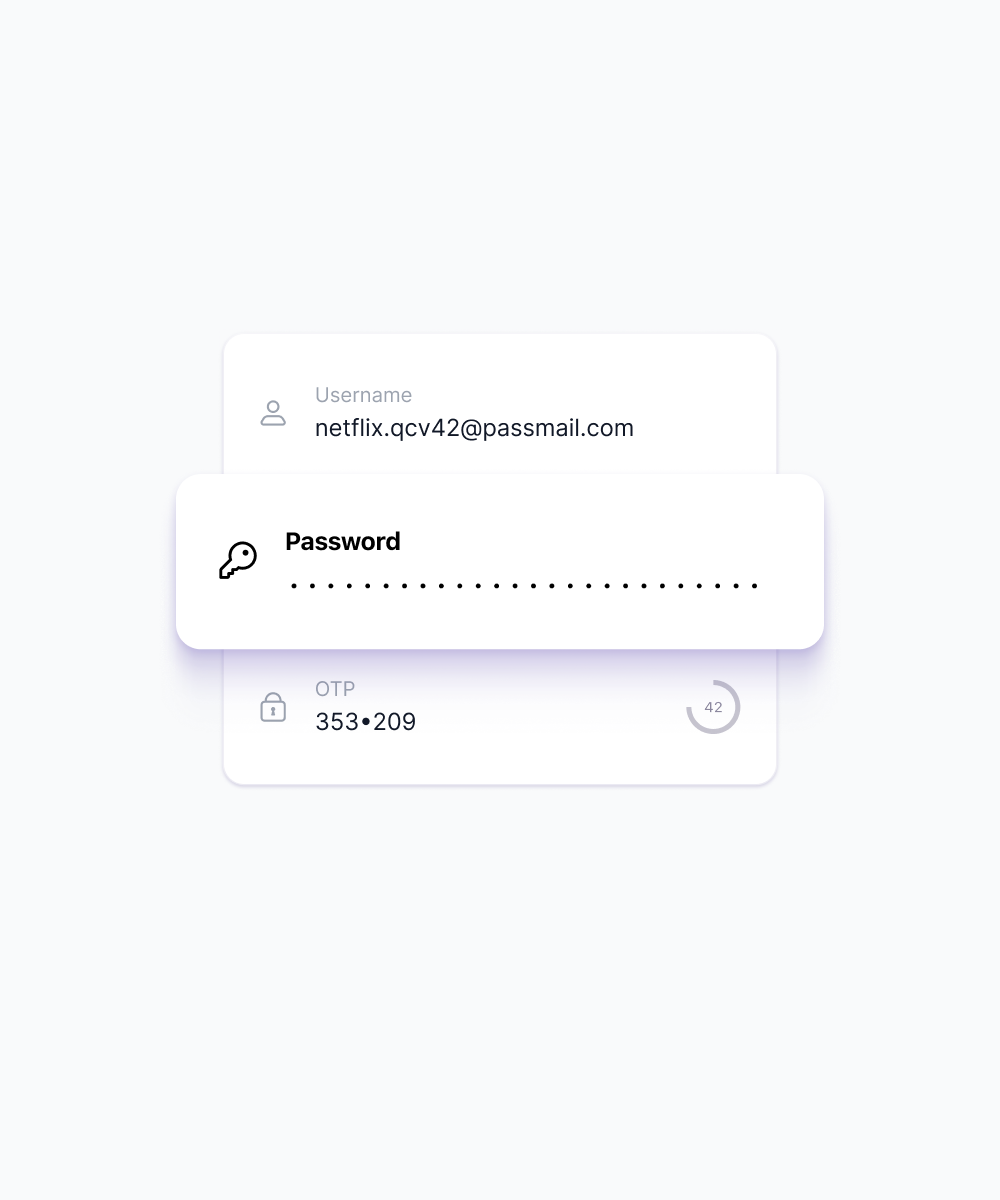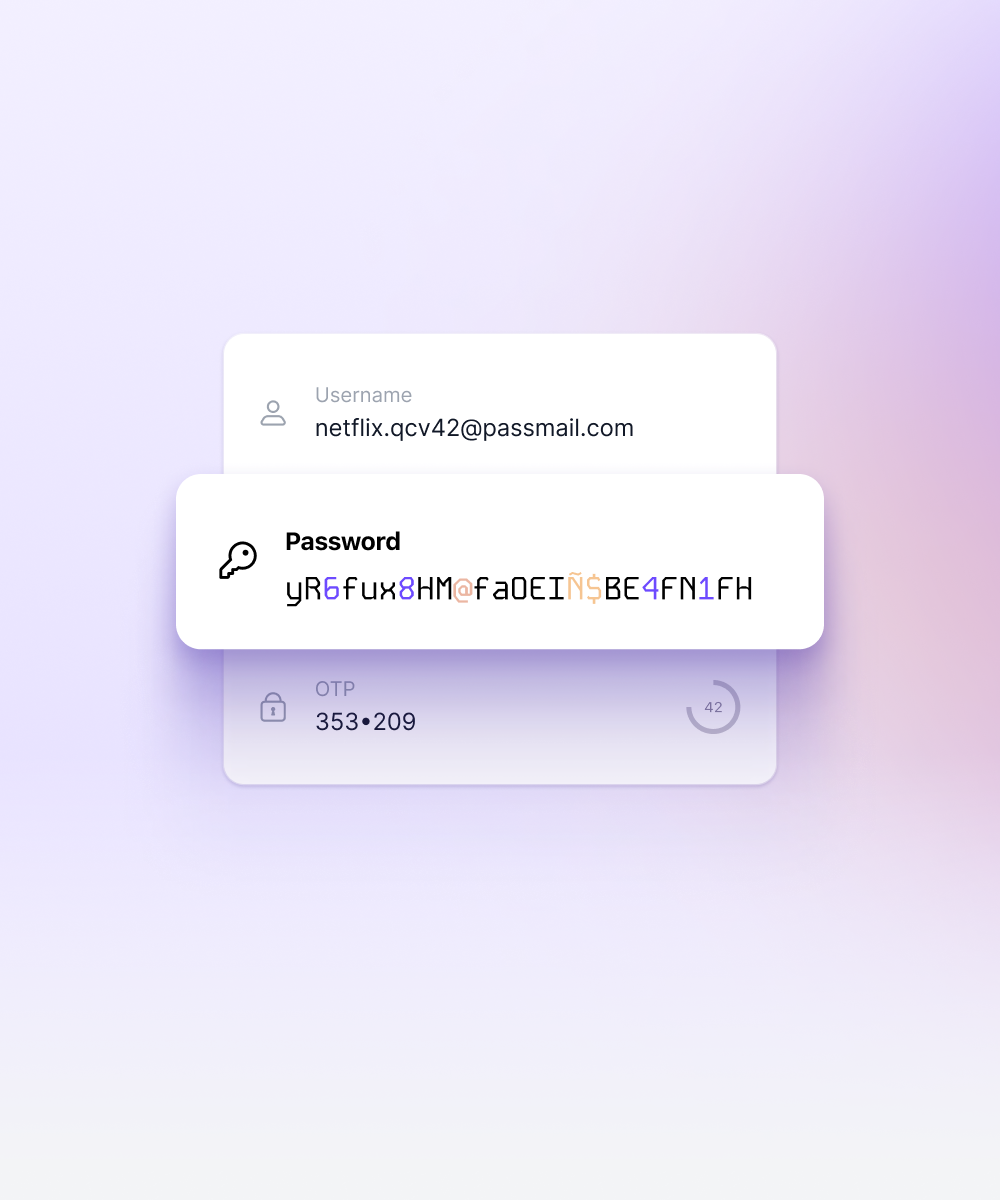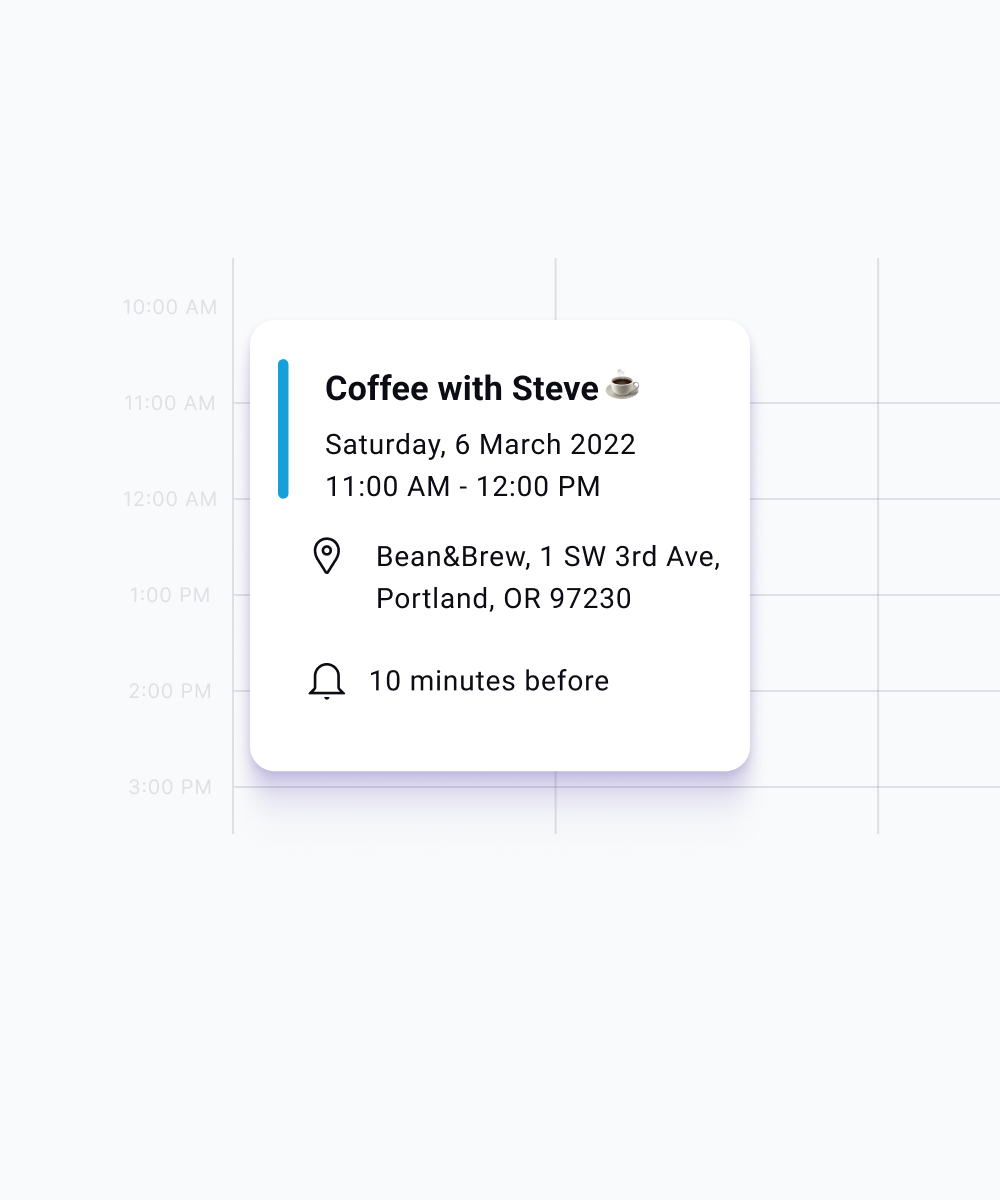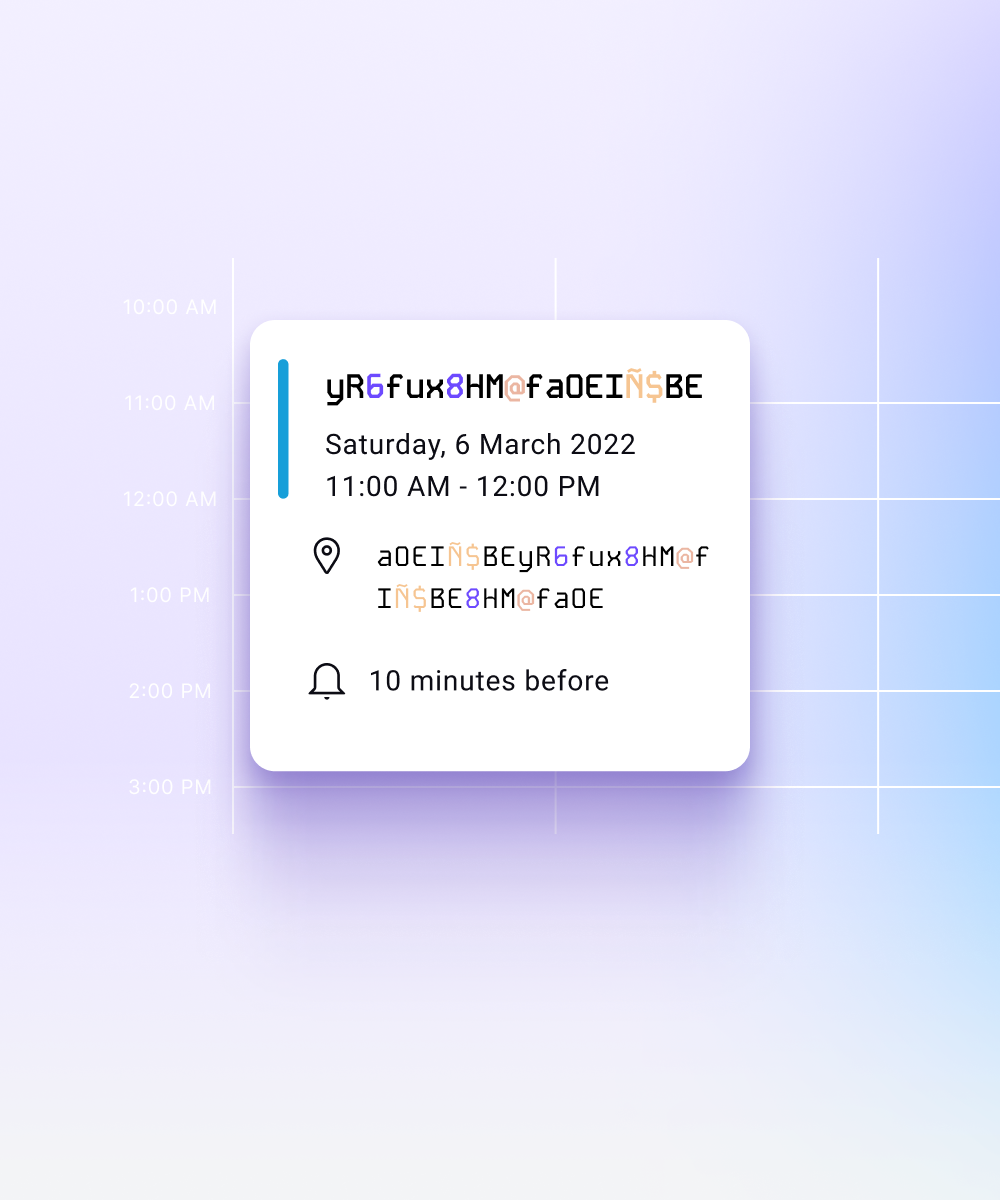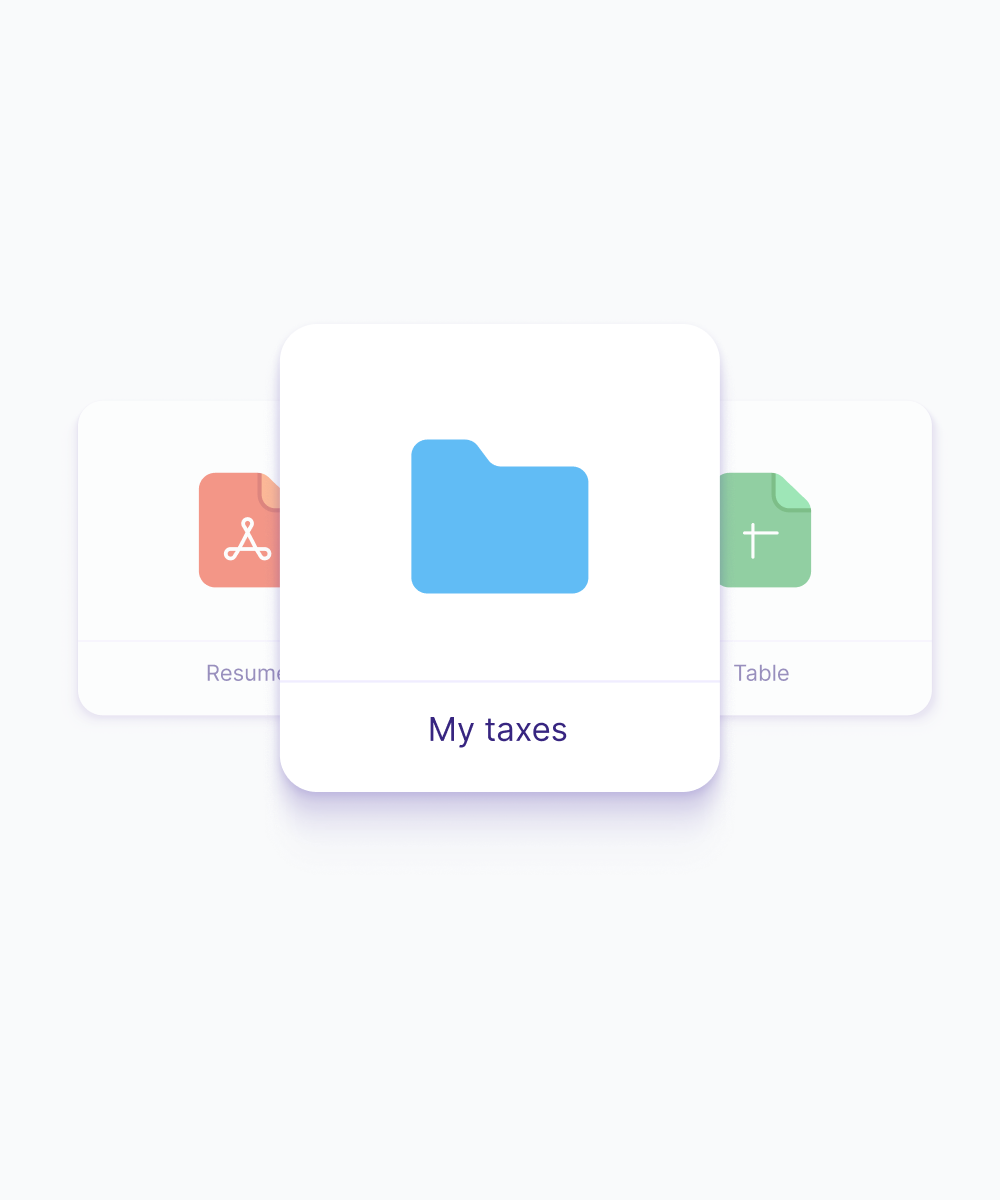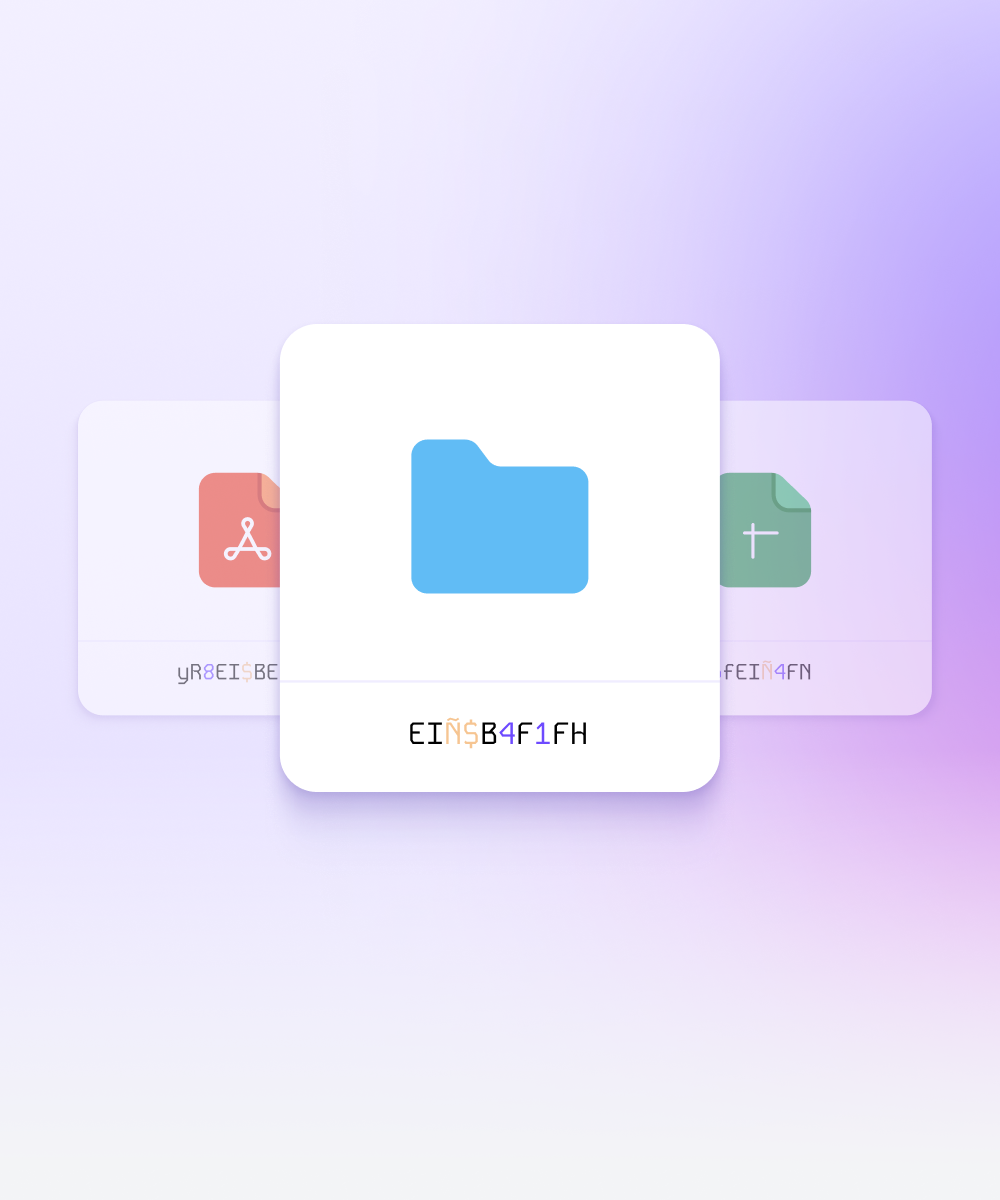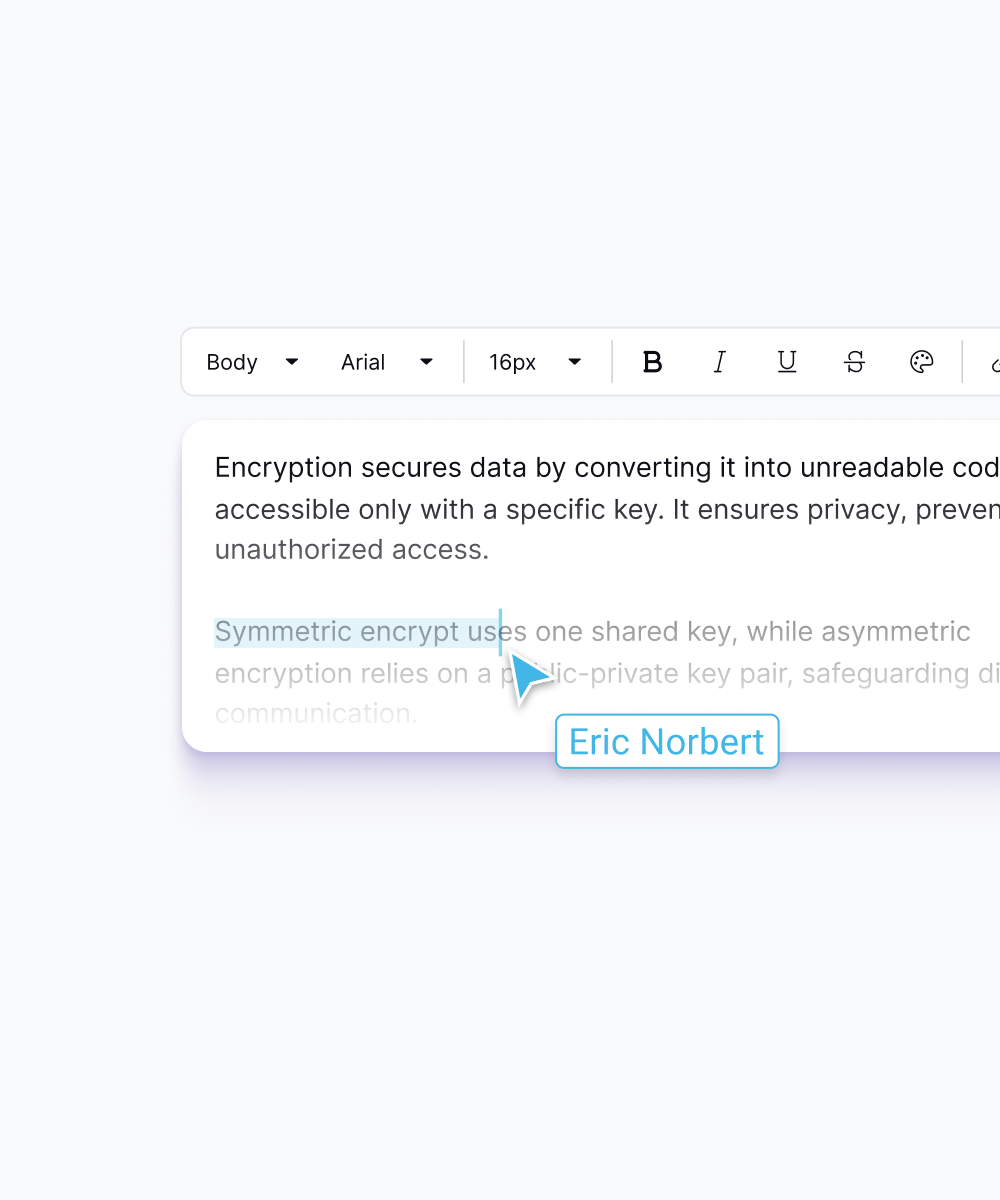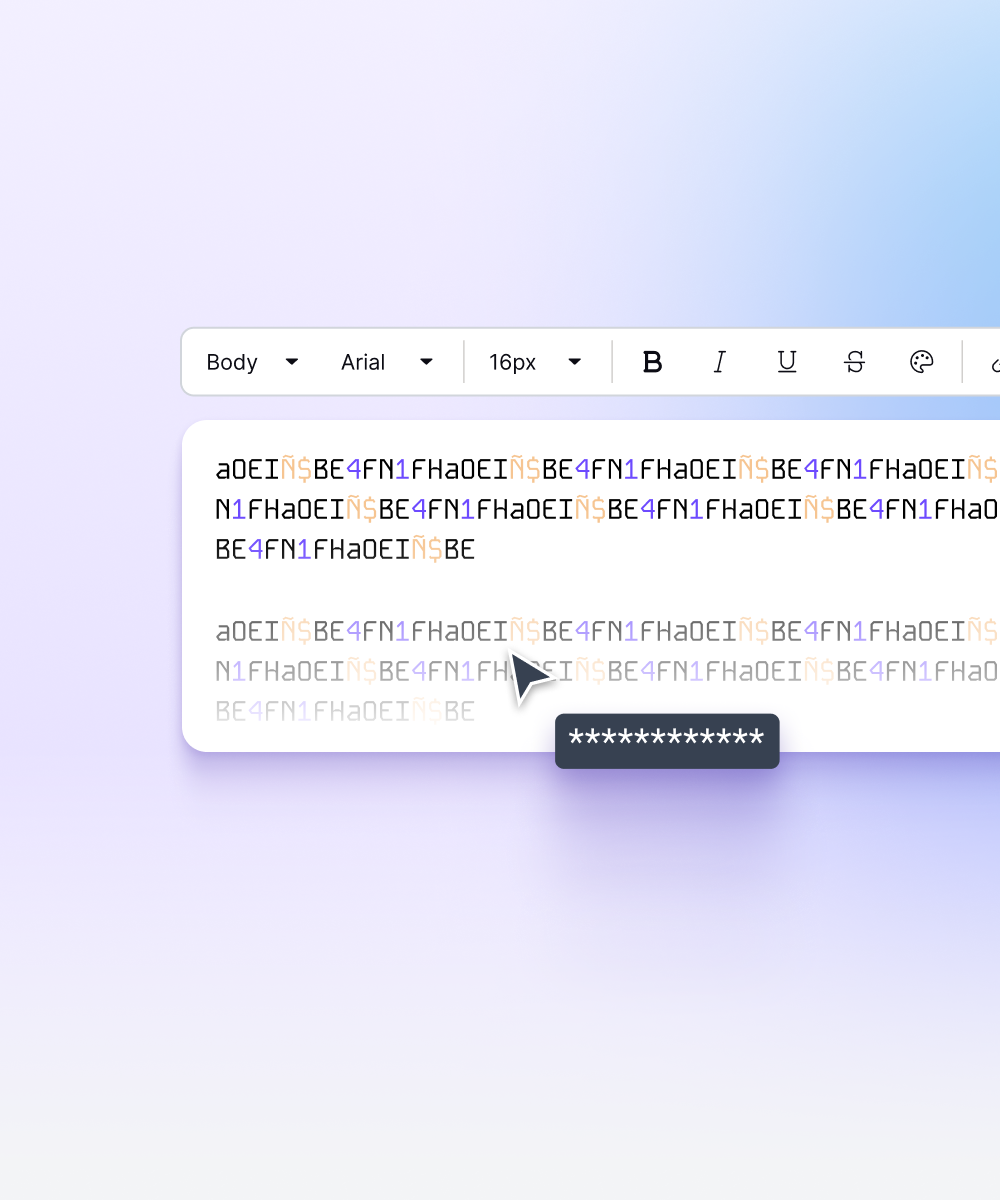O que é criptografia de acesso zero?
A criptografia de acesso zero significa que apenas você pode ler seus dados — não seu provedor de serviços ou qualquer outra pessoa.
Esse tipo de criptografia garante que apenas você, o proprietário dos dados, possa descriptografar e ler suas informações. Ela mantém suas mensagens, arquivos e outros dados totalmente privados, até mesmo do provedor de serviços que os armazena. Isso protege suas informações de acesso não autorizado, violações ou solicitações governamentais.
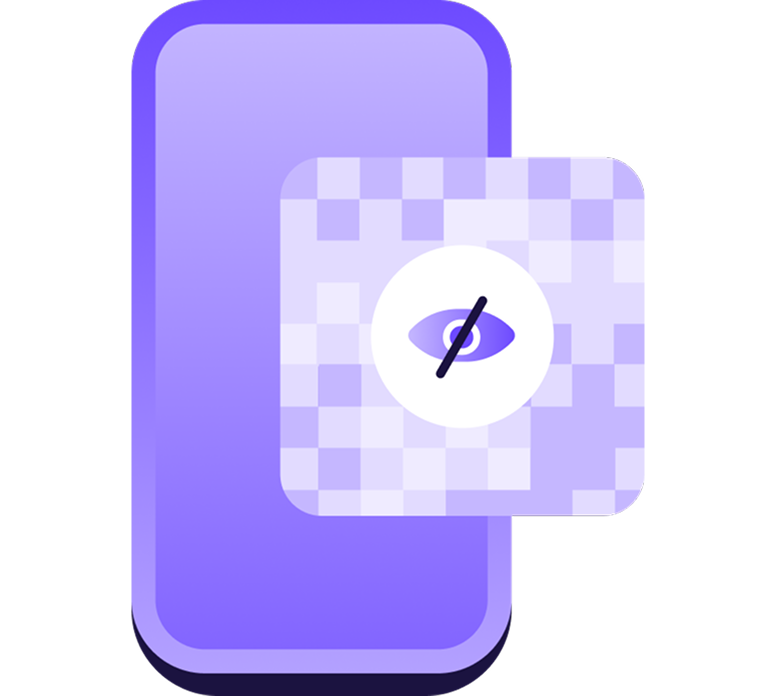
Então, por que isso importa?
A maioria das empresas de Big Tech, como Google e Yahoo, não usa criptografia de acesso zero. Isso significa que elas podem ler suas mensagens e arquivos depois de serem armazenados em seus servidores.
O Proton usa criptografia de acesso zero para proteger seus dados em repouso. Somente você detém as chaves para acessá-los. Isso significa que ninguém mais (nem mesmo nós) pode acessar ou ler seus e-mails depois que eles foram entregues e armazenados em nossos servidores.
Para ir além, se o Proton fosse vítima de uma violação de cibersegurança, seus e-mails permaneceriam indecifráveis graças à criptografia de acesso zero.
Por que preciso de criptografia de acesso zero?
A criptografia de ponta a ponta exige que o remetente e o destinatário tenham a chave para descriptografar a mensagem, mas isso pode ser difícil de fazer no caso de e-mail, se o remetente e o destinatário não usarem o mesmo provedor.
A criptografia de acesso zero adiciona outra camada de segurança ao proteger seus dados em repouso (quando estão armazenados em nossos servidores). Isso significa que, mesmo que seu destinatário use um serviço menos seguro, sua mensagem permanecerá criptografada e ilegível em nosso sistema.
Ao usar criptografia de acesso zero com criptografia de ponta a ponta, suas mensagens permanecerão criptografadas em trânsito e em nossos servidores, independentemente do provedor de e-mail que seu destinatário usar.
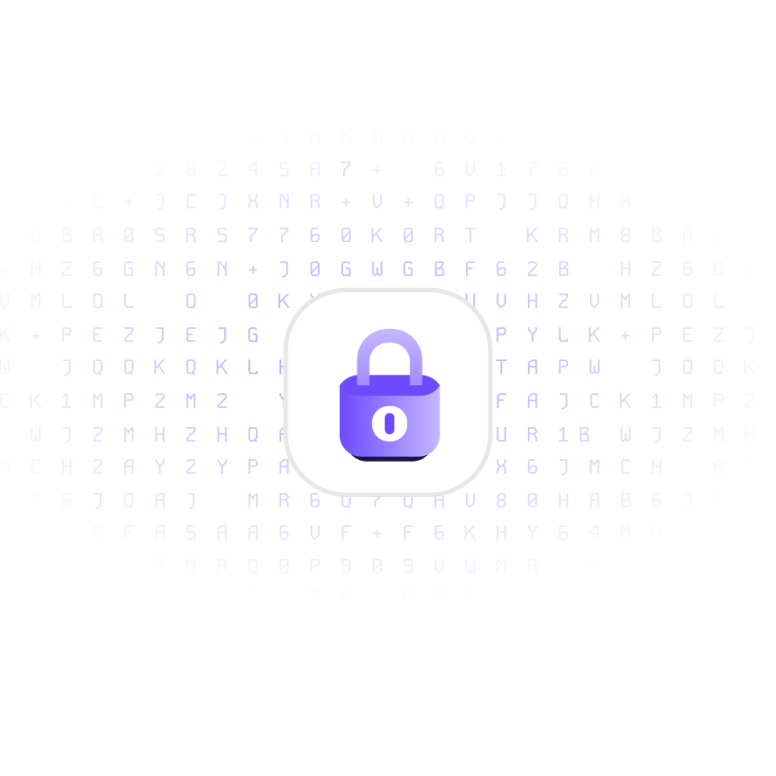
Você está no controle dos seus dados
A criptografia de acesso zero não é comum porque os maiores provedores de e-mail da internet conseguem acessar seu e-mail em repouso por design.
Usando o conteúdo das suas mensagens, essas empresas podem vender esses dados para anunciantes e profissionais de marketing, que usam essas informações para construir perfis detalhados sobre você e seus hábitos on-line.
Com a criptografia de acesso zero, seus dados não são coletados e colocados à venda. Em vez disso, você permanece no controle das suas informações pessoais o tempo todo.
Proteja seus dados o tempo todo
A criptografia de acesso zero garante que seus dados estejam protegidos o tempo todo, como ao armazená-los na nuvem ou na caixa de entrada no servidor do seu provedor de e-mail.
Com esse tipo de criptografia, nem mesmo hackers podem descriptografar suas mensagens em caso de violação de dados. Como usuário(a) do Proton, suas informações confidenciais nunca são acessíveis — nem mesmo para nós.
Uma resposta de segurança robusta
Como a criptografia de acesso zero protege seus dados em repouso, o Proton usa tanto criptografia de acesso zero quanto criptografia de ponta a ponta para proteger seus dados em cada etapa.
O Proton Mail nunca tem acesso às suas mensagens e, como seus e-mails estão sempre criptografados, tentativas de invadir seus dados são facilmente frustradas. Juntos, esses dois métodos reduzem drasticamente as vulnerabilidades de segurança e garantem que seus dados estejam sempre seguros e protegidos.
Pronto para duplicar sua segurança?
Recupere o controle dos seus dados criando uma conta gratuita na Proton hoje mesmo.
